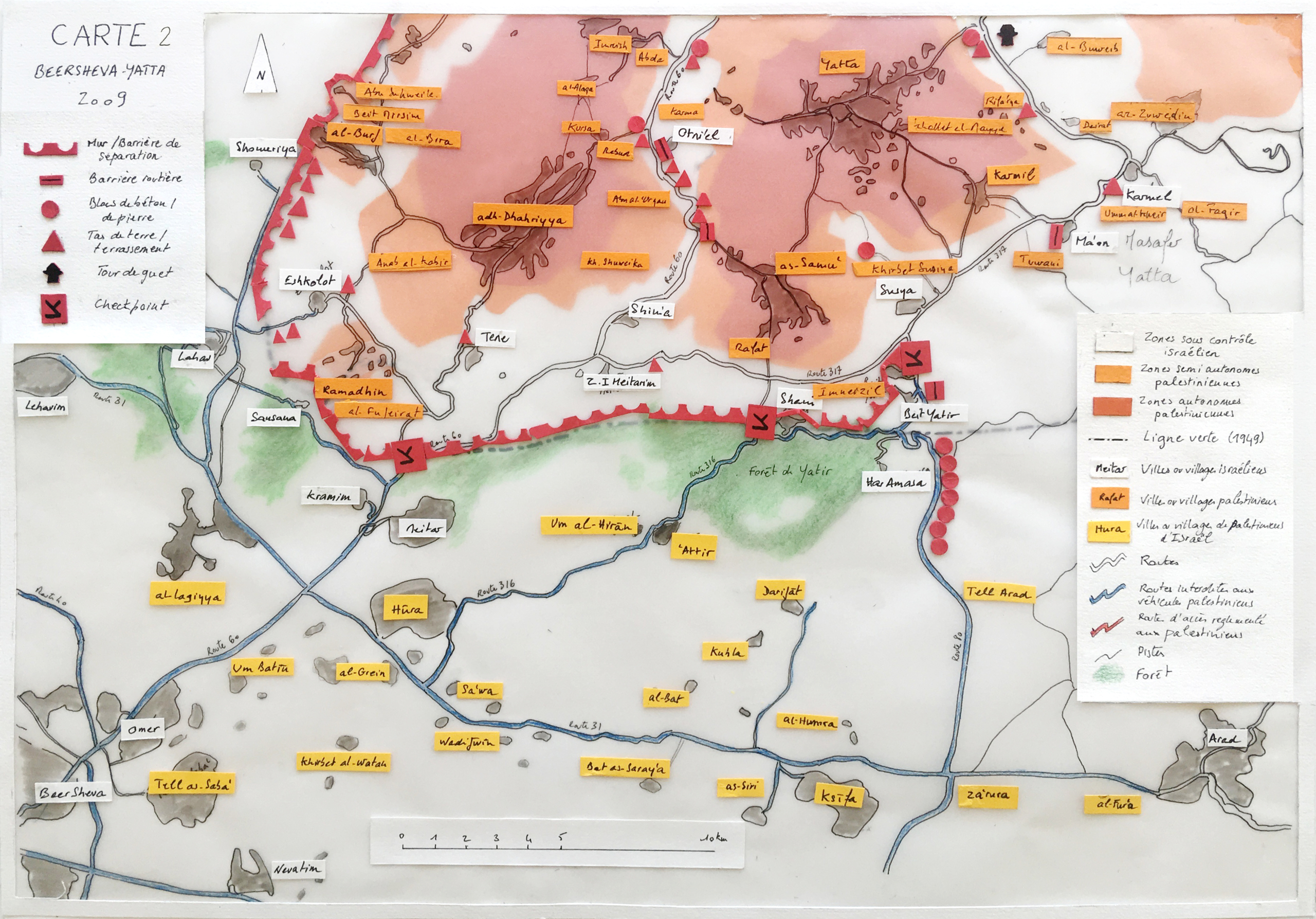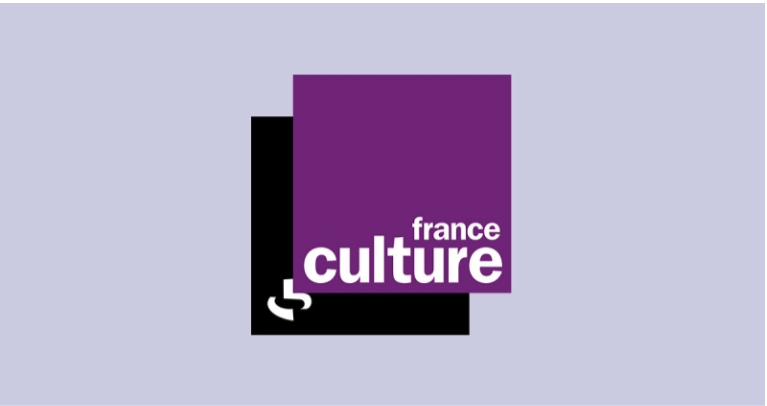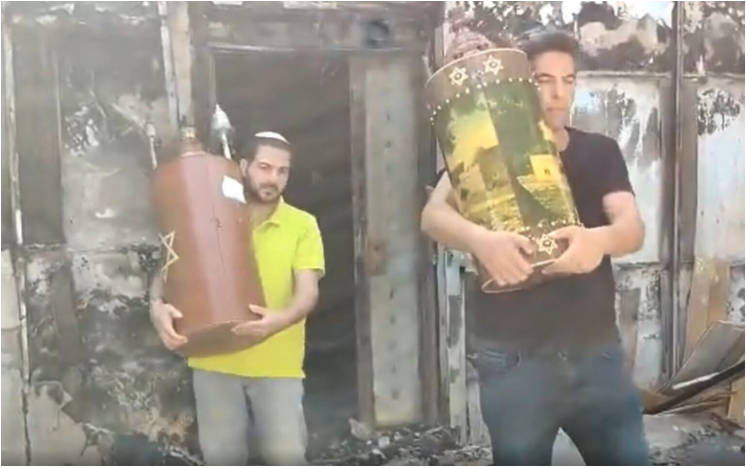Le Lundi 25 juin 2018, à 18 h au CRFJ, par Alexandra Herfroy-Mischler, conférence en anglais. In order to understand the relationship between ethical basis of blame, framing and its impact on future negotiations in protracted conflicts, we examined the blame occurrences (n=721) in written press coverage of the 2014 Israeli-Palestinian and the 2016 Syrian Civil War mediation efforts. Through quantitative and qualitative analysis, our study found that episodic framing is exclusively utilized when presenting action-based blame, which explicitly casts blame upon acts, while thematic framing can be utilized to present 1) action-based blame; 2) virtue-based blame, which casts blame on the personality traits of the actor; and 3) conflict-essence based blame, a meta-discourse critical of the assumption that rational, right action or virtue based on a universal ?good? have the potential to solve an intrinsically intractable conflict. Our data challenges the dichotomy of episodic framing/conflict escalation coverage versus thematic framing/conflict de-escalation. We illustrate that, in the case of blame, thematically-presented blame is more destructive for future relations- and potential negotiations between the actors. These findings provide valuable insights for understanding the relationship between journalism, blame, and conflict resolution.
Dr. Alexandra Herfroy-Mischler is an Associate Researcher at the CRFJ and the Harry S. Truman Research Institute for the Advancement of Peace. She completed her PhD at the Department of Media Studies, Université de la Sorbonne Nouvelle, (Paris3), France. Her research focuses on identifying the various role of an event’s narrative when framed by old and digital journalism practices. Her research has identified the role of narrative in building post-transitional collective memory (2013; 2016), imposed silences in intelligence events (2015) or foster conflicts in jihadism (2017, 2019). Her research can be read in *Media, War & Conflict Journal* as well as *Journalism: Theory, Practice & Criticism*, *Studies in Conflict and Terrorism, *and *Visual Communication*.
Dr. Elie Friedman is a Lady Davis Post-Doctoral Fellow at the Department of Communications and Journalism and a research fellow at the Harry S. Truman Research Institute for the Advancement of Peace, Hebrew University of Jerusalem. He is an adjunct lecturer at University of Maryland and Bar-Ilan University. His research interests include political discourse in national and international contexts with an emphasis on public diplomacy, peace and conflict studies, and media studies. His first monograph (with Dalia Gavriely-Nuri) has recently been published at Routledge Academic Press, entitled: *Israeli Discourse and the West Bank: Dialectics of Normalization and Estrangement. *He has recently published in Critical Discourse Studies and International Journal of Communication (with Kampf and Balmas).











